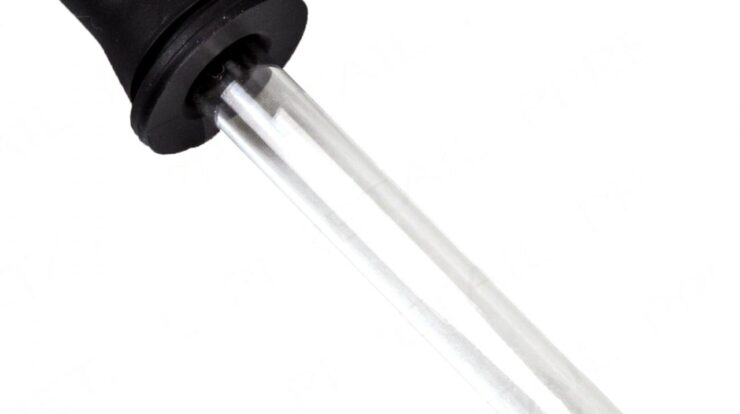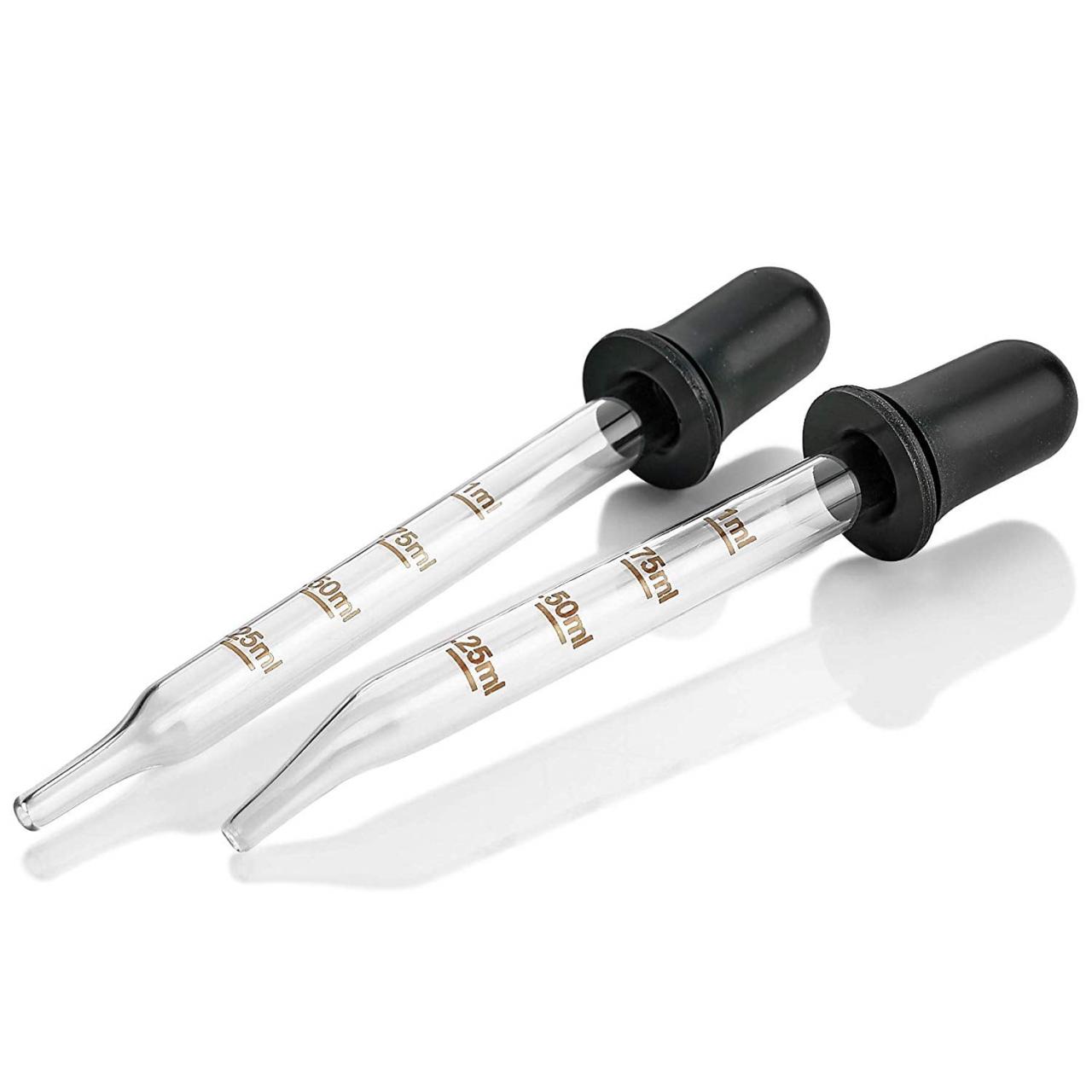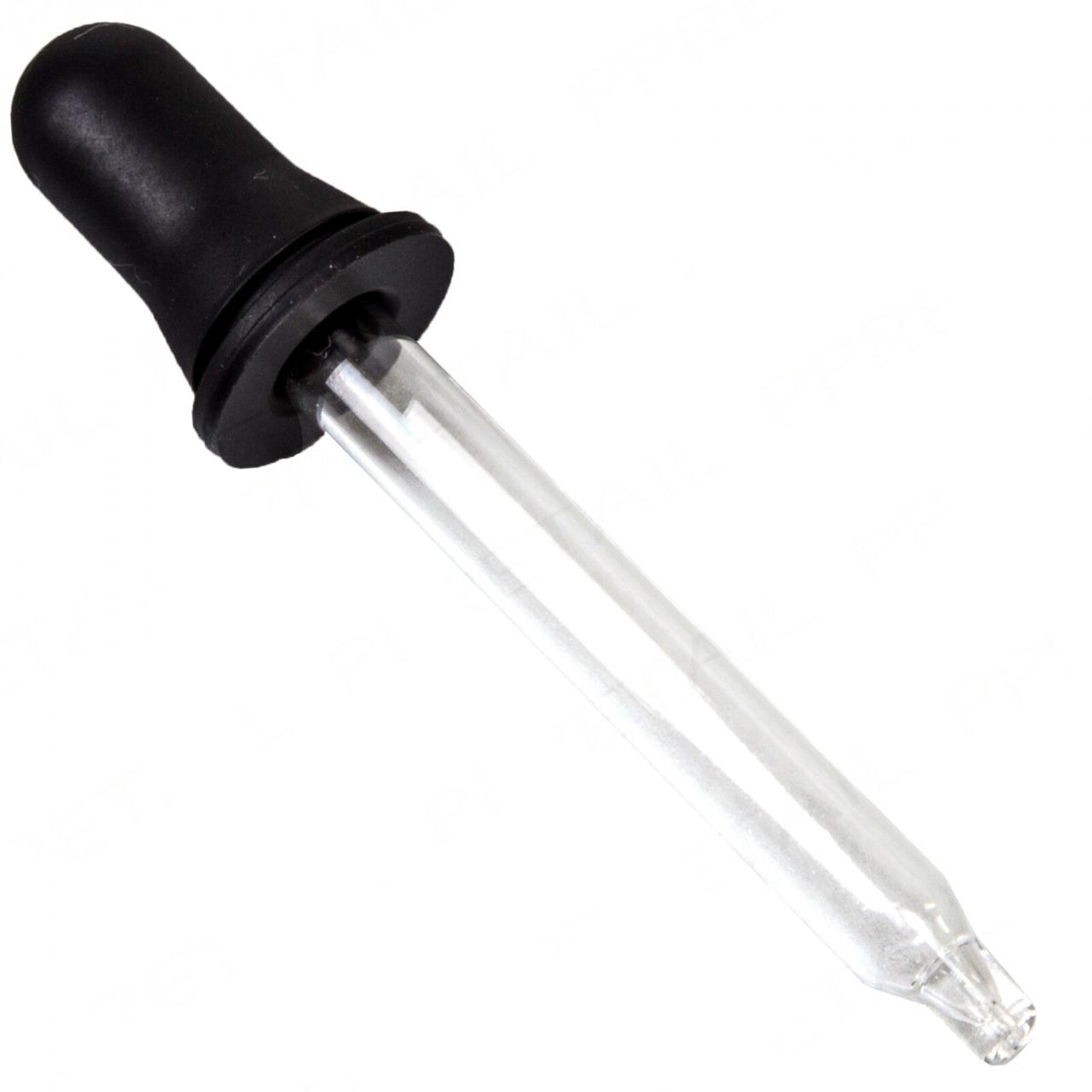
Dropper meaning encompasses a wide range of liquid dispensing tools used in various fields. From science to medicine and manufacturing, droppers play a crucial role in delivering precise amounts of liquids with ease and accuracy.
Droppers come in different types, each designed for specific applications. The common types include glass droppers, plastic droppers, and pipette droppers, each with its advantages and disadvantages.
Dropper Types
Droppers, also known as pipettes, are laboratory instruments used to accurately dispense small volumes of liquids. They come in various types, each designed for specific applications.
- Graduated Droppers:Feature a calibrated scale along the stem, allowing precise measurement and dispensing of liquids.
- Micropipettes:Highly accurate devices used in scientific research and clinical settings to dispense precise volumes of liquids, typically in the microliter range.
- Transfer Pipettes:Designed for transferring larger volumes of liquids, often used in manufacturing and industrial settings.
- Pasteur Pipettes:Disposable pipettes commonly used in microbiology and cell culture applications.
- Eye Droppers:Used for dispensing eye medications or other liquids directly into the eye.
Dropper Design and Functionality
A dropper consists of a narrow stem with a bulbous end, which serves as a reservoir for the liquid. The stem is calibrated with markings to indicate the volume of liquid dispensed.
When the bulb is squeezed, air is expelled, creating a vacuum that draws liquid into the stem. Releasing the bulb allows the liquid to flow out, controlled by the size of the orifice at the tip of the stem.
Factors affecting accuracy include the calibration of the stem, the viscosity of the liquid, and the skill of the user.
Dropper Materials and Manufacturing
Droppers are commonly made from materials such as:
- Glass:Chemically inert, accurate, and reusable, but fragile.
- Plastic:Disposable, lightweight, and less accurate than glass.
- Polyethylene:Flexible and chemically resistant, often used in transfer pipettes.
Dropper manufacturing involves processes like molding, calibration, and sterilization.
Dropper Applications: Dropper Meaning

Droppers are essential tools in various fields:
- Science:Dispensing reagents, preparing solutions, and conducting experiments.
- Medicine:Administering eye drops, measuring blood samples, and performing diagnostic tests.
- Manufacturing:Transferring liquids, dispensing adhesives, and applying lubricants.
- Cosmetics:Dispensing serums, creams, and fragrances.
Dropper Maintenance and Calibration
Proper maintenance is crucial for accurate dispensing:
- Cleaning:Droppers should be regularly cleaned and sterilized to prevent contamination.
- Calibration:Droppers can be calibrated using a balance or gravimetric method to ensure accuracy.
- Inspection:Droppers should be inspected for cracks or damage that may affect their performance.
Final Thoughts

In summary, droppers are indispensable tools in various fields, offering precise and convenient liquid dispensing. Understanding dropper meaning involves exploring the different types, designs, materials, and applications of these versatile tools.
Answers to Common Questions
What are the different types of droppers?
Droppers come in various types, including glass droppers, plastic droppers, and pipette droppers.
What are the advantages of using droppers?
Droppers offer precision, accuracy, and ease of use in dispensing liquids.
How are droppers used in science?
Droppers are essential in scientific experiments for precise liquid measurements and dispensing.






